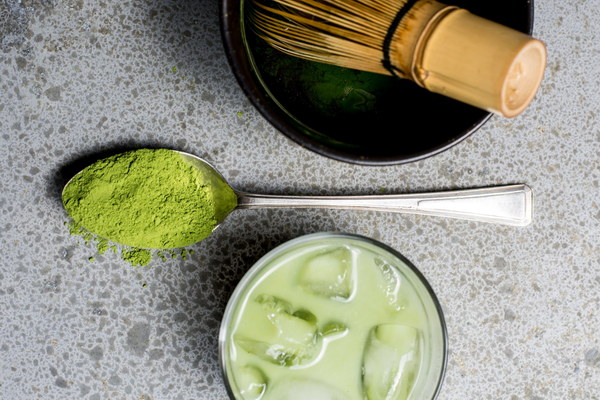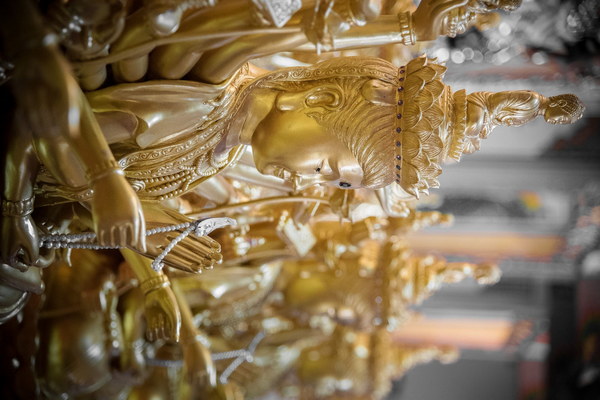Revitalize Your Lungs Unveiling the Benefits of Traditional Chinese Medicines for Lung Fire and Yin Deficiency
In the realm of traditional Chinese medicine (TCM), there exists a profound understanding of the human body and its intricate balance. One of the most common imbalances in TCM is the presence of lung fire and lung yin deficiency. This article aims to shed light on this condition and introduce you to a selection of effective Chinese herbal remedies designed to clear lung fire and nourish lung yin.
Lung fire and lung yin deficiency are terms used to describe an imbalance in the body's energy system, specifically within the lungs. This imbalance can lead to various symptoms, including but not limited to, cough with thick, yellow phlegm, sore throat, irritability, and difficulty sleeping. In order to alleviate these symptoms, TCM practitioners often recommend the use of herbal medicines that possess cooling, nourishing, and moisturizing properties.
One such herbal medicine is the well-known formula called Qing Fei Huo Yin Wan (Clear Lung Fire and Nourish Lung Yin Pill). This traditional Chinese herbal formula is composed of several natural ingredients, each of which plays a unique role in restoring balance to the body.
The primary ingredients in Qing Fei Huo Yin Wan include:
1. Scutellaria baicalensis (Huang Qin): Known for its cooling properties, this herb helps to clear lung fire and relieve symptoms such as cough and sore throat.
2. Ophiopogon japonicus (Miang Xian): This herb is renowned for its ability to nourish lung yin, which helps to alleviate symptoms of dryness, such as dry cough and sore throat.
3. Rehmannia glutinosa (Shu Di Huang): This herb possesses cooling, nourishing, and moisturizing properties, making it an excellent choice for addressing lung yin deficiency.
4. Alisma orientale (Ze Xie): Alisma is known for its diuretic and anti-inflammatory properties, which can help to alleviate symptoms of lung fire, such as cough with thick phlegm.

By combining these ingredients, Qing Fei Huo Yin Wan works to clear lung fire while simultaneously nourishing lung yin, thus addressing the root cause of the imbalance.
In addition to Qing Fei Huo Yin Wan, there are several other TCM remedies that can be used to treat lung fire and lung yin deficiency. Here are a few examples:
1. Pulvis Isatidis (Ban Lan Gen Mo): This powdered herb is made from the roots of Isatis indigotica, which has cooling and detoxifying properties. It is often used in the treatment of sore throat, cough, and fever.
2. Radix Platycodi (Jie Geng): This herb has a sweet and bitter taste, with properties that are cooling and moistening. It is commonly used to treat cough, sore throat, and lung heat.
3. Fructus Schisandrae (Wu Wei Zi): This fruit is known for its sour and sweet taste, with properties that are cooling and nourishing. It is often used to enhance the immune system and support lung yin.
It is important to note that while these herbal remedies can be highly effective, they should be used under the guidance of a qualified TCM practitioner. TCM diagnosis involves a comprehensive assessment of an individual's unique constitution, lifestyle, and environment, and a tailored treatment plan will be created based on these factors.
In conclusion, the treatment of lung fire and lung yin deficiency with traditional Chinese medicine offers a natural and holistic approach to addressing the root cause of imbalances within the body. By using herbal remedies like Qing Fei Huo Yin Wan, Pulvis Isatidis, Radix Platycodi, and Fructus Schisandrae, individuals can achieve a state of balance and well-being, leading to improved overall health and quality of life.









